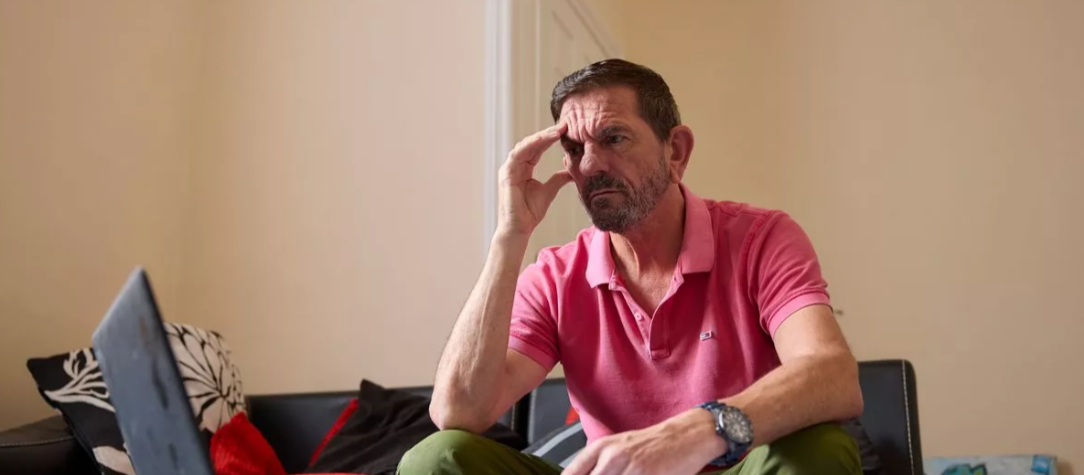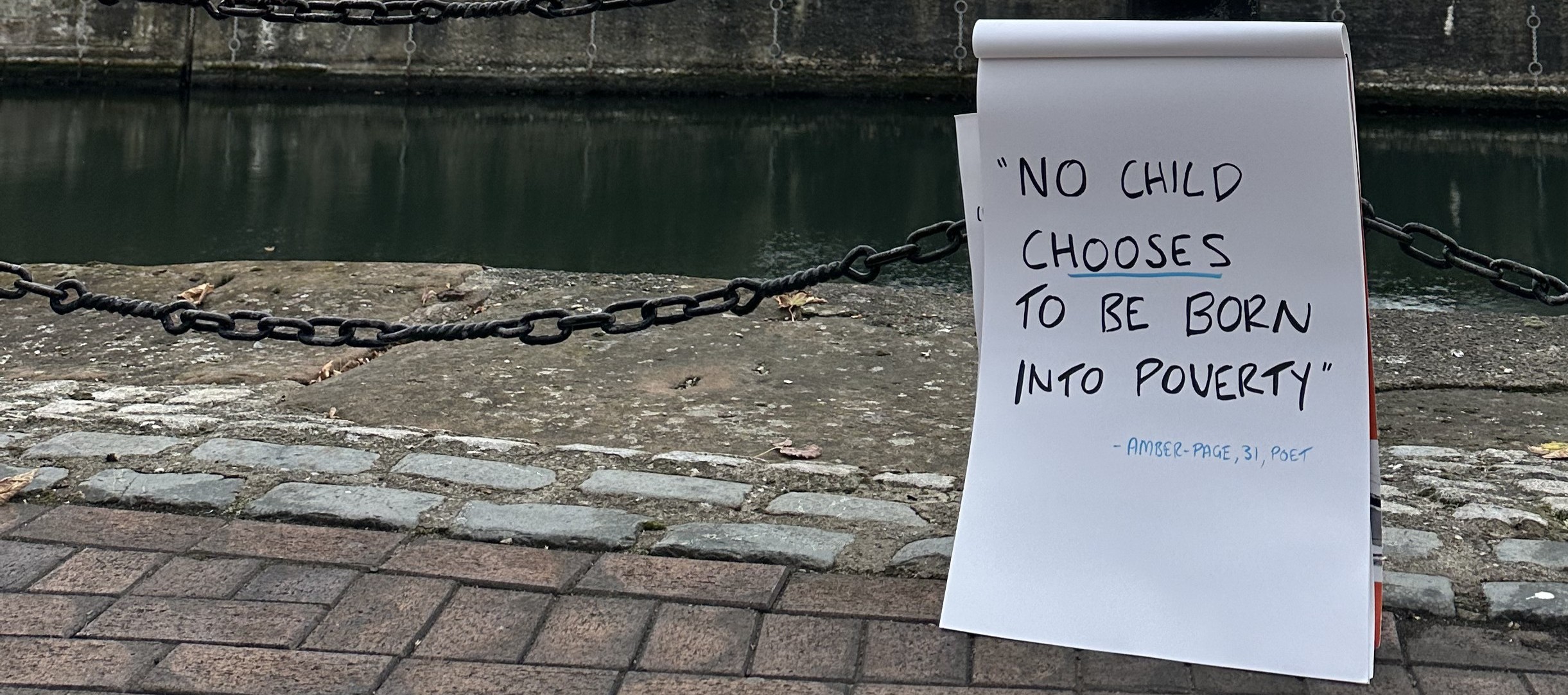By Dr Abigail Dunn, Head of Policy, Research and Evaluation at Family Fund
Families including children under 18 are at a higher risk of experiencing poverty than the general population; families including a disabled member are also at a higher risk of experiencing poverty. But what happens when families include someone who is both disabled and a child?
Almost a third of families which include a disabled child are living in income poverty, a statistic which does not account for the fact that the cost of living is higher when you are disabled, amounting to over £1000 a month in extra costs. As such the extent of experience of poverty amongst families which include a disabled child is partially hidden.
Family Fund is the largest UK charity making grants to families raising disabled and seriously ill children and young people on a low income. Our research with families we support is uniquely placed to highlight the reality of life for families raising a disabled child in poverty. In our most recent research, The Cost of Caring 2025, we heard from over 2,000 families across the UK about their experience.
44% of parent/carers reported experiencing income insufficiency, where their income was simply not enough to cover their family’s basic needs like food and accommodation. 80% of parent/carers were unable to replace everyday household items like fridges or beds if they broke and would have to manage without essential everyday items or plunge into debt to replace them. A shocking 51% of parents are skipping meals to make sure that their children can eat.
Chevonne shares her story of how the disability premium impacts her family finances:
“It’s all about the electricity bill because Mikey has so much equipment just to keep him alive. He has so many machines he’s on a ventilator, he has an oxygen machine, his bedroom looks like a hospital room. Our electric bill is about £600 a month. We just can’t keep up with it. At the moment we’re in arrears. Our electric and gas bill, I still owe them £3000. I’m just paying what I can a month and I don’t think I’m ever going to get to the end of it.’”
At Family Fund we welcome the government’s commitment to reducing child poverty through the child poverty strategy, but the emerging emphasis on paid work as a route out of poverty fails to grasp that parent/carers of disabled children are already doing a days work (seven hours on average) on the additional care that their child needs over and above the care any child of their age would need. Unsurprisingly this leaves just 7% able to work as much as they would like.
Chevonne explains:
“I worked before Mikey was born but now I’m his full time carer. I would love to work just for my own sanity but at the moment myself and his dad we have to do night shifts. Someone’s got to be awake 24/7. We have to take it in shifts of sleeping. He had to give up work because last year I was doing it all myself, I just wasn’t getting any kind of sleep.”
The impact on family’s wellbeing is immense, with 28% of parent/carers likely to be clinically depressed and despite parents’ extensive efforts to shield their children, 68% of disabled children impacted by their financial situation.
At Family Fund we call upon the government to address the specific issues facing families with disabled children in the Child Poverty Strategy. Specifically:
- The disability premium means that life costs more for families with a disabled child and policy needs to focus not just on income, but essential expenses also
- Many parent/carers are already working at maximum capacity, but their work is looking after their disabled child, not engaging in the labour force
- Parent/carers’ wellbeing is poor, and proper financial support is essential.
——————————————————————-
This article is featured in our 16 July newsletter.
Want to hear about the latest poverty research, stories and events?
Stay on top of what you need to know. Sign up to our newsletter and join our powerful network of 3.9k+ professionals, volunteers and individuals actively engaged in tackling poverty across the UK.






